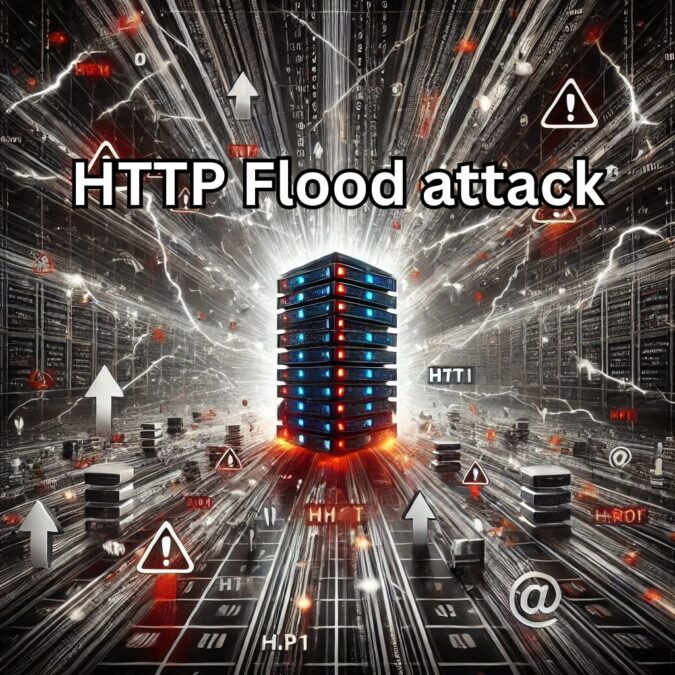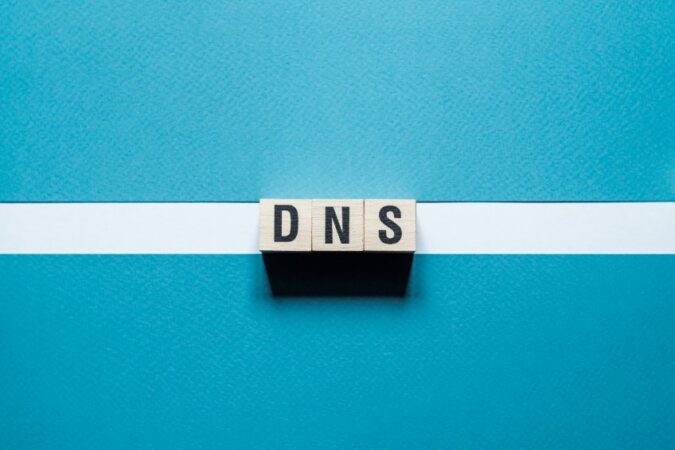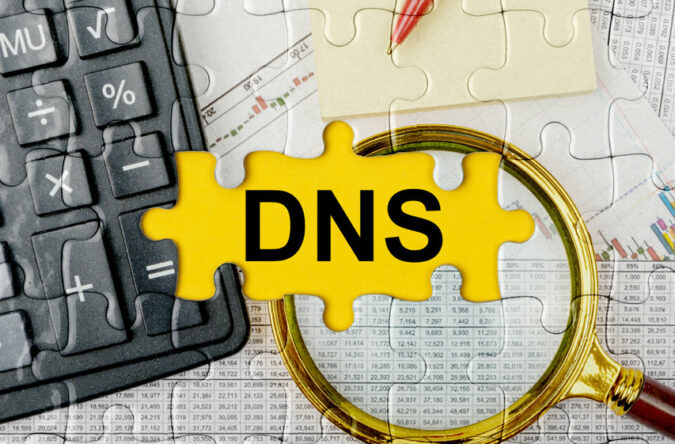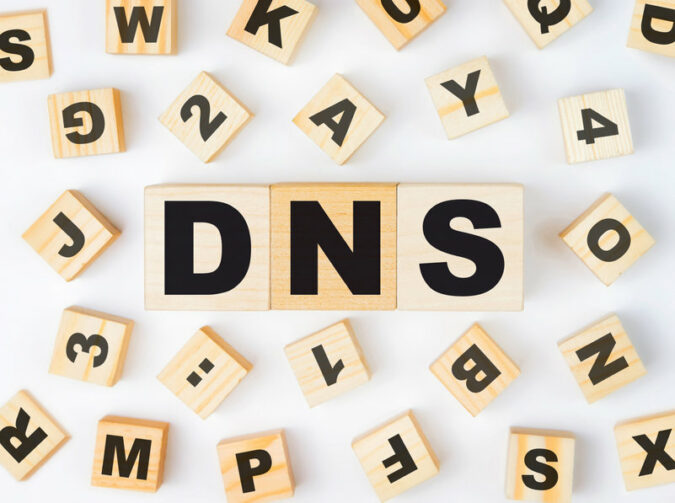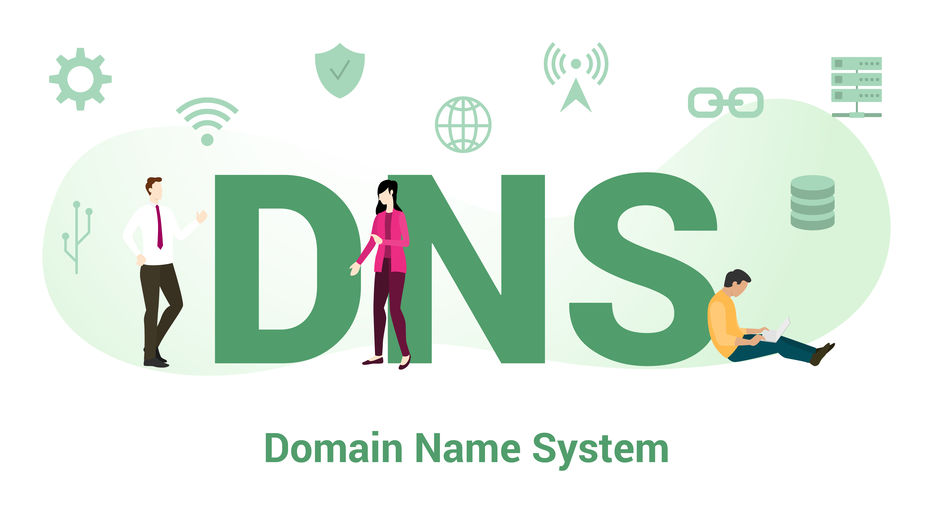Author: isabella
What HTTP flood attack is?
HTTP flood attack is one of the most prevalent and challenging forms of Distributed Denial of Service (DDoS) attacks targeting the application layer (Layer 7 in the OSI model). These attacks focus on overwhelming a target server by flooding it with HTTP requests, exploiting the protocols and frameworks that web applications rely upon. Unlike other types of DDoS attacks that aim at exhausting network bandwidth or transport protocols (such as SYN floods), HTTP flood attacks target the application layer, making them both stealthier and harder to detect and mitigate.
This article delves into the intricacies of DDoS HTTP flood attacks, exploring their types, mechanisms, impact, detection techniques, and mitigation strategies.
DNS zone – What is it?
DNS zone – What does it imply?
The Domain Name System (DNS) zone is a small but crucial component of the DNS system. Using this operating segment, DNS administrators can manage and govern their networks. In addition, many DNS zones probably make use of the same DNS server as you. Consequently, handling the entire namespace is simpler.
Furthermore, the entire Domain Name System (DNS) exists because of these divisions.
One Domain Name System zone, for instance, might apply to domain.net, blog.domain.net, and so forth. However, examining a particular subdomain as an independent website calls for dedicated management. Therefore, that subdomain will have to have its own zone.
Email forwarding: What do you have to know?
What does Email forwarding mean?
Email forwarding is actually a feature that various DNS providers supply. Its main purpose is to redirect the incoming traffic of one email address to another. The interesting part is that it is performing that on a domain level, and there is no need for additional special software.
It is important to understand that it is a separate feature. Moreover, it is different from an email user that transfers a message to someone else or the email forwarding element of Gmail and Outlook.
In case you are administrating the domain name, you are able to redirect the incoming emails from one of the email addresses using the domain name and transfer them to an individual email address.
Get an Email forwarding service for your domain name!
Continue reading “Email forwarding: What do you have to know?” →
Why to use a Private DNS server?
The purpose of a Private DNS server
A Private DNS server, as the name suggests, is something unique. They’re Private DNS networks that aren’t connected to the public DNS. Consider it a personal library with a limited number of books. This has both advantages and disadvantages. However, if you want to read a specific kind of book, you will be unable to do so. Nevertheless, there is one advantage: no one will know what you are reading because your library is private.
What is Partial zone transfer (IXFR)?
The Partial zone transfer (IXFR) is an exciting process, which in some cases it is very valuable. So, let’s explain a little bit more about it.
Zone transfer – definition
The zone transfer process includes duplicating the DNS data with all of the DNS records from the Primary DNS zone to the Secondary DNS zones. Thanks to it, you could create copies of all of your DNS data into one or several name servers. That way, you improve the availability of your domain name. In addition, you make sure that even if one of the name servers is down for some reason, your website is still going to be reachable for your clients. Besides, if you own an international website, the DNS resolution process is going to be quicker, for sure. The reason for that is the DNS data is going to be stored in more than one point of presence (PoP).
Secondary DNS – Everything you need to know
Secondary DNS – What is it?
Secondary DNS, or also often called Slave or Backup DNS, is a great service that provides a network of DNS servers. They are secondary to your Primary DNS server. Their purpose is to duplicate the Primary DNS zone file automatically. That way, you could establish more points in the world where your DNS records are stored. They are available in a situation when your Primary DNS experiences downtime.
Continue reading “Secondary DNS – Everything you need to know” →
How to use the Ping command to test my network?
The Ping command explained.
Ping command is an easy-to-use network utility tool with a command-line interface. When you type different commands, you can test many parts of your network, such as the router, computer on the network, a selected domain, or IP address.
The ping command benefits from using ICMP (Internet Control Message Protocol). When you want to make a check, you have to choose a target. In addition to that, you can add options, such as the number of packets, timeout limits, continuous pinging, IPv4 or IPv6, etc.
You will receive an answer with statistics.
The ICMP request is a small packet of data, which your device will send to the target. The target has to bounce it back and provide a response for every ping.
The ping command is available on macOS and Linux within the Terminal application. On Windows, you can use it through the Command Prompt.
How does the Ping command work?
Continue reading “How to use the Ping command to test my network?” →
5 tips for choosing a Domain Name
There are a lot of nerves in choosing a domain name. Is it related to my brand? Should I put keywords in it? Maybe just a short name is enough? Plenty of doubts goes through our heads before we select the right domain name for us. So here we have 5 tips for choosing a domain name and making it a bit less stressful.
HTTP vs HTTPS: What is the difference?
Have you seen that some websites still use HTTP instead of HTTPS? What does it mean? Is there any difference? If you are building or already own a website, this interests you.
What’s HTTP?
HTTP or Hypertext Transfer Protocol is the application layer protocol that allows communication between different systems. Its creation meant the base for data communication through the world wide web. It permits the data transfer from a web server to a browser for users to see websites.
DNS best practices
Have you heard about the most popular DNS practices? If not, you are at the right place!
DNS security is essential for any organisation. We need to protect it as much as we can so the company’s regular work does not get affected in any way. Here we have a list of top DNS methods to do it.
Make available only the most necessary. Not everything should be available to the public. You could have private domain names. You should limit the access.
